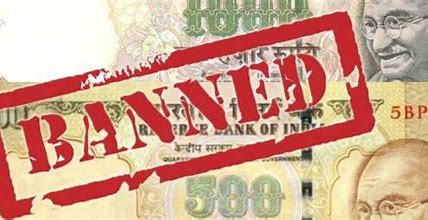
The stock market is volatile: What should you do to protect your investments?
- Admin
The stock market has been volatile in recent months, with the S&P 500 index down more than 10% from its all-time high in January. There are a number of factors contributing to this volatility, including:
- The war in Ukraine: The war in Ukraine has caused a great deal of uncertainty in the global economy, and this has led to volatility in the stock market. Investors are worried about the impact of the war on energy prices, supply chains, and economic growth.
- Rising interest rates: The Federal Reserve is expected to raise interest rates in an effort to combat inflation. This could lead to higher borrowing costs for businesses and consumers, which could slow economic growth and put downward pressure on stock prices.
- Inflation: Inflation is at a 40-year high, and this is eating into corporate profits and consumer spending. Investors are worried that inflation could get out of control, which could lead to a recession.
The current world scenarios are making the stock market more volatile. Investors are worried about the impact of the war in Ukraine, rising interest rates, and inflation. This volatility is likely to continue in the near future.
Here are some more details and information about how to protect your investments in a volatile stock market:
-
Rebalance your portfolio regularly. This means selling some of your winners and buying more of your losers. This will help to keep your portfolio diversified and reduce your risk. For example, if you have a portfolio that is 60% stocks and 40% bonds, and your stocks have gone up in value, you may want to sell some of your stocks and buy more bonds. This will help to bring your portfolio back to its original asset allocation.
-
Have a long-term investment horizon. Don't panic sell if the market takes a dip. Remember that the stock market is volatile in the short term, but it has historically trended upwards in the long term. For example, if you are investing for retirement, you have a long time horizon. This means that you can afford to ride out short-term volatility.
-
Invest in a diversified portfolio. Don't put all of your eggs in one basket. Spread your money across different asset classes, such as stocks, bonds, and cash. This will help to reduce your risk. For example, you could invest 60% of your money in stocks, 30% in bonds, and 10% in cash.
-
Don't try to time the market. It's impossible to predict when the market will go up or down. Instead, focus on investing for the long term. For example, if you are investing for retirement, you don't need to worry about trying to time the market. Just keep investing regularly and you will be on your way to reaching your financial goals.
Here are some additional tips for protecting your investments in a volatile stock market:
-
Review your investment goals and risk tolerance regularly. As your life changes, so may your investment needs. For example, if you have a child, you may want to invest more in bonds to reduce your risk.
-
Don't invest more than you can afford to lose. Only invest money that you can afford to lose, in case the market takes a downturn.
-
Stay informed about the market. Read financial news and keep an eye on economic indicators. This will help you to make informed investment decisions.
-
Consider working with a financial advisor. A financial advisor can help you to create a diversified investment portfolio and develop a plan to reach your financial goals.
By following these tips, you can protect your investments in a volatile stock market.



























